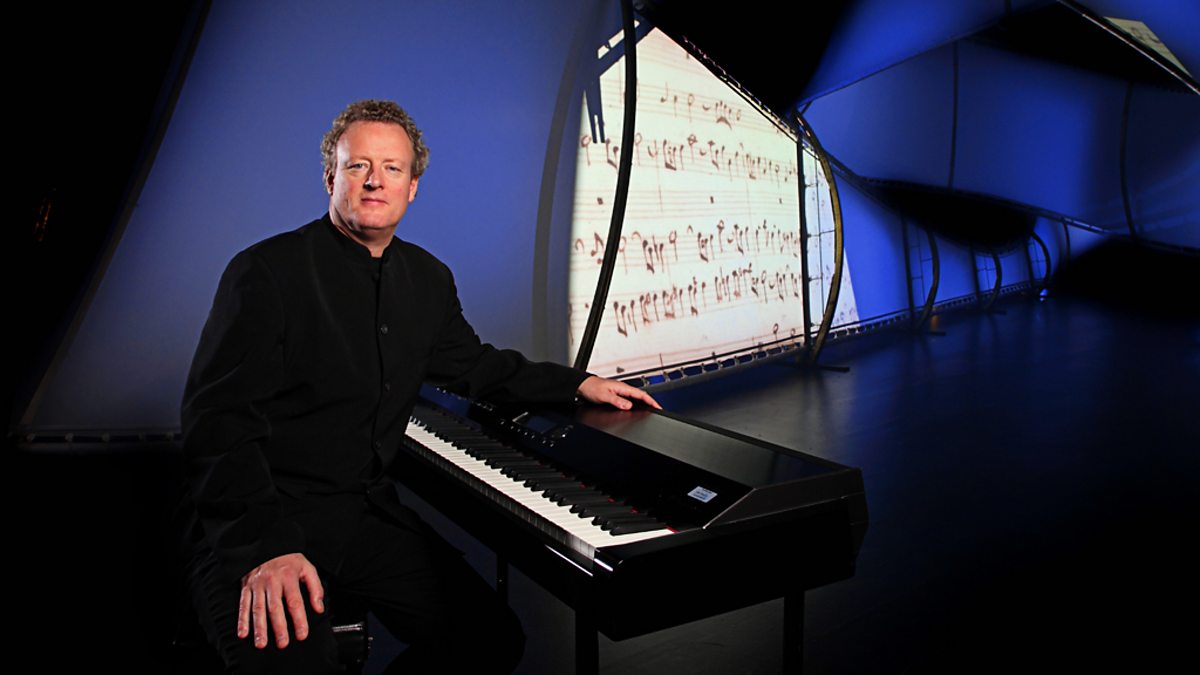I didn't, but thanks for the link  . It was remembered from the Faber Mozart book (companion?) H. C. Robbins Landon edited in 1991 (and which is in a box somewhere hereabouts but I know not where
. It was remembered from the Faber Mozart book (companion?) H. C. Robbins Landon edited in 1991 (and which is in a box somewhere hereabouts but I know not where  ).
).
 . It was remembered from the Faber Mozart book (companion?) H. C. Robbins Landon edited in 1991 (and which is in a box somewhere hereabouts but I know not where
. It was remembered from the Faber Mozart book (companion?) H. C. Robbins Landon edited in 1991 (and which is in a box somewhere hereabouts but I know not where  ).
).

Comment